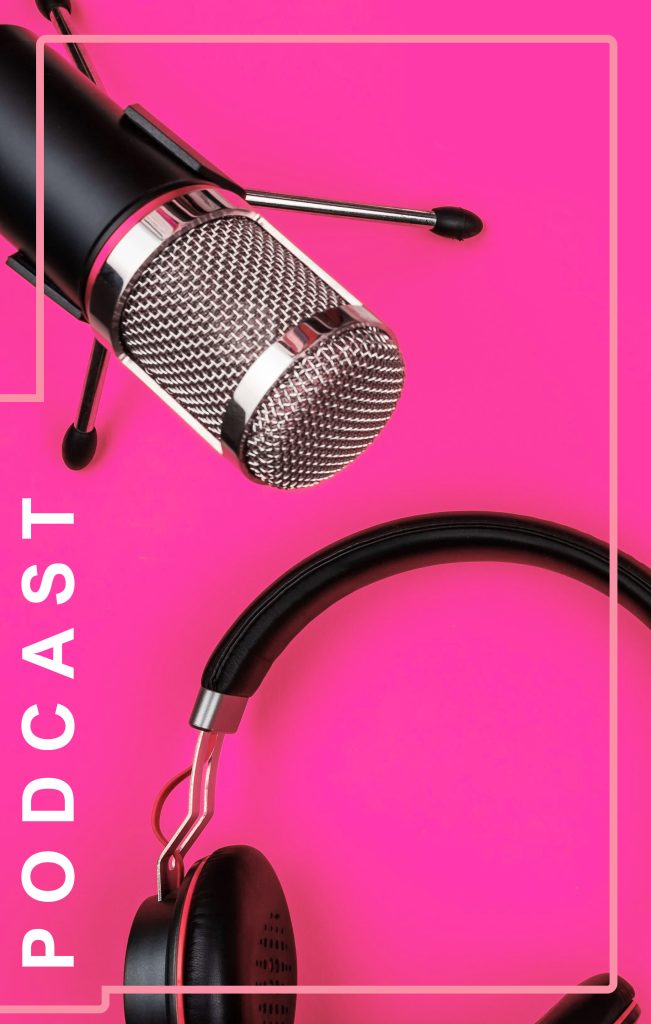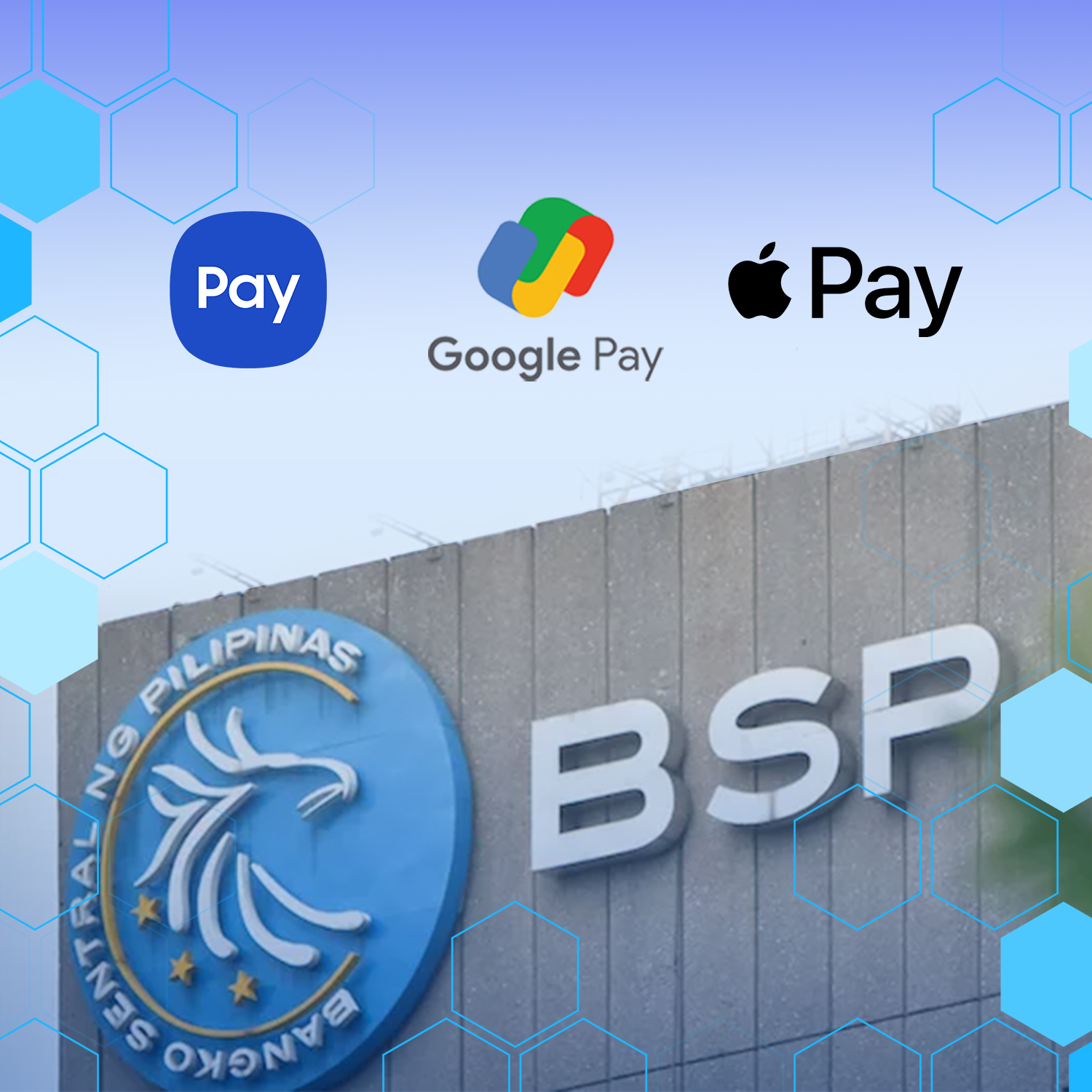
Podcasts are shaping the future of entertainment…and more
Before, there were only three forms of media where people get their source of news, information, and entertainment. There were radio, television, and printed forms like newspapers, magazines, books, etc. With the development in technology, the internet came about and with it online platforms are created such as Facebook, Instagram, YouTube, WhatsApp, TikTok, X (Twitter), etc.. They are collectively labeled as “social media.” This form of media is now regarded as the “new media” and in the last decade or so, it has revolutionized the way information, news and entertainment are delivered to the audience.
Today, podcasts and all kinds of audio are changing the game in storytelling and media. It’s all about that special feeling when someone’s voice hits your ears and how even the quirkiest topics are making waves worldwide. Audio entertainment creates a unique sense of intimacy, with voices directly in the listener’s ears. This closeness fosters a personal connection between the listener and the content. Audio formats have revitalized storytelling. Without visuals, listeners are engaged more deeply, using their imagination to visualize narratives, a throwback to the era of radio dramas but with modern twists.

Podcasts have redefined the traditional radio. With on-demand access and a vast array of content, audio entertainment is reshaping how people think about radio. Successful podcasts are increasingly being adapted into books, TV shows, and movies, showing the medium’s influence on broader entertainment. The human voice in podcasts carries nuances and emotions that text or visuals alone cannot convey, adding a powerful dimension to storytelling and discussions. Advanced sound design enhances audio storytelling, creating immersive soundscapes that bring stories to life and engage listeners on a deeper level.
Making entertainment portable and convenient, podcasts and other audio formats are consumable on the go, fitting into people’s busy lives better than other forms of media. Online communities around podcasts are thriving. Listeners engage in discussions, fan theories, and meet-ups, fostering a sense of belonging and shared interest. The podcast model has revolutionized advertising, with host-read ads providing a personal touch and often higher engagement rates compared to traditional advertising methods.
With content available in multiple languages, widening their reach and influence globally, podcasts transcend language barriers. Audio content focusing on mental health and wellness has seen a surge, offering guidance, support, and a sense of community to those seeking help. Fictional and narrative podcasts are gaining popularity, offering serialized storytelling akin to reading a book or watching a TV series, but purely through audio. Live podcast recordings and tours add a new dimension to the medium, combining the intimacy of audio with the excitement of live performance.
The emergence of podcast networks has streamlined the production, distribution, and monetization of podcasts, mirroring the structure of traditional media networks. Many turn to podcasts for personal growth and learning, with topics ranging from self-improvement to professional skills development. The comedy genre thrives in the podcast format, offering a platform for comedians to showcase their talent in a more relaxed, conversational style. Investigative and journalistic content has found a new avenue in podcasts, offering in-depth analysis and storytelling on current events and social issues.
Reference: How podcasts are shaping the future of entertainment (msn.com)










